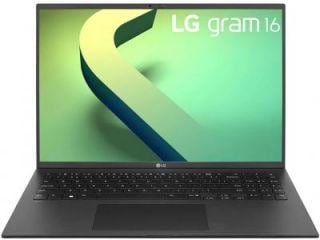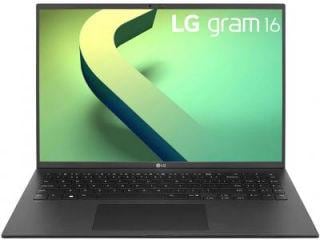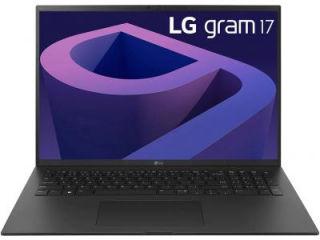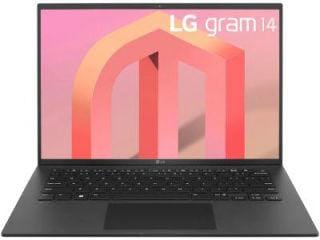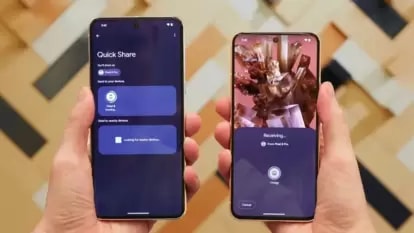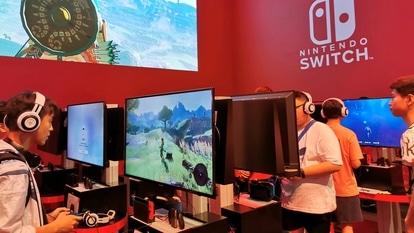Hi Alexa, Hey Google: Here’s what we expect to see from smart speakers in 2020
With Google finally launching a successor to its Home Mini, that is, the Google Nest Mini, and Amazon launching Echo Studio (a speaker that is also smart), 2019 ended on an optimistic note. Here’s what we want from 2020
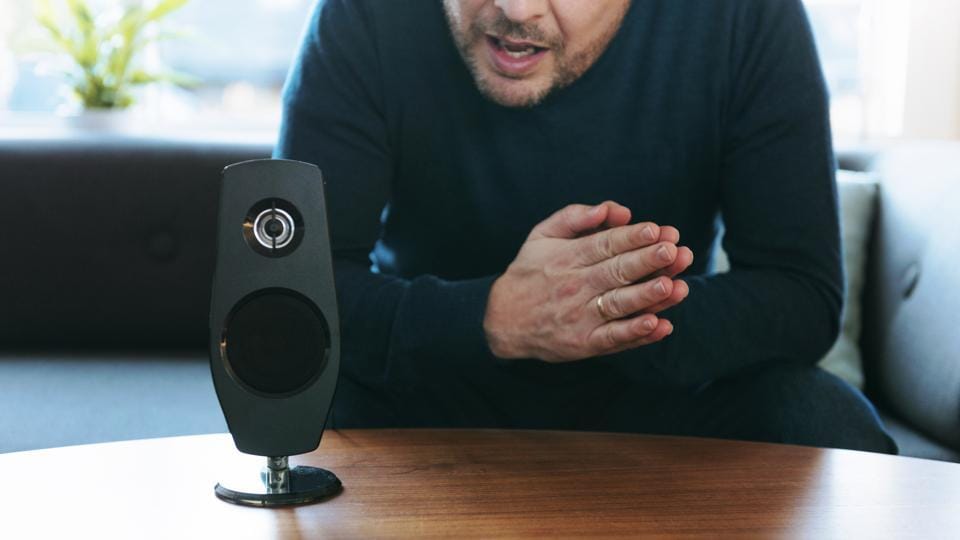
Smart speakers are getting increasingly popular among the masses. Fuelled by Alexa's fluency and Google Assistant's intensive platform integration, smart speakers are slowly taking over our homes, one device at a time.
What's aiding this integration is the increasing number of features, or as Amazon likes to call it, 'skills'. Today, Amazon's Alexa supports more than 100,000 smart home devices from over 9,500 brands, while Google Assistant works with over 10,000 smart home devices from over 1,000 brands.
Popularity of the Amazon Echo range of smart speakers and Google's Home (now Nest) smart speakers has inspired other companies like Bose, JBL, Sonos and LG, that have been in the business of making speakers for long, to launch their own Alexa or Google Assistant-powered smart speakers.
And the result?
An array of smart speakers that are not only, well, smart, but also capable of delivering a powerful audio performance. The initial iterations of 'smart speakers' were neither smart, nor were they good.
Speaking of recent developments, 2019 has been particularly momentous in the short history of smart speakers. We have not only seen companies like Sony entering the smart speaker market, but we have also seen companies like Amazon, that maintains a clear dominion in this domain, take a more aggressive stance by introducing devices that are speakers first and smart later, contrary to what we have seen earlier.
With Google finally launching a successor to its Home Mini, that is, the Google Nest Mini, and Amazon launching Echo Studio (a speaker that is also smart), 2019 ended on an optimistic note. This raises an important question - what's next?
We gave this a lot of thought and what follows is what we hope to see from smart speakers in 2020, our wishlist, if you may.


Hello Alexa, Hey Google!
First, the virtual assistants powering these smart speakers should get smarter and hence, better. This change should not just be in terms of detecting exactly what command or query is being fired at them but also linguistically - speech that is less robotic and more human.
With more people welcoming smart speakers in to their homes, we also expect to see the conversations with these virtual assistants becoming an important part of our daily lives. To put it simply, increased adoption is likely to impact our everydays in a way that we might end up spending a significant amount of our time chatting with these virtual assistants. Well, I already do!
In addition to that, we also expect to see machine learning-based algorithms powering these virtual assistants getting better at predicting what a user needs and suggesting responses and solutions that are tailored as per an individual's needs, quickly.
Turn off living room lights, raise volume to 10
Both Amazon and Google have added support for thousands of devices in the past one year. From security cameras to smart bathtubs and refrigerators, Alexa and Google Assistant today support an unfathomable number of gadgets. This number is expected to only go up this year.
Sound is one area that is likely to witness a continued growth in terms of quality. Amazon, in the past couple of years, has been consistent in terms of improving the sound quality of its Echo smart speakers. Google, despite being almost two years late, has also improved the quality of its hockey-puck shaped smart speaker. In case you aren't sure, I am talking about Google Nest Mini.
With audio companies amping up the competition, it is entirely possible that we might see a major upgrade in the sound quality of these smart speakers. Maybe you won't see a Bose Home Speaker 500-like sound quality in smart speakers under 10K. However, the sound quality should improve dramatically in devices above ₹10,000.


Stop recording us
Privacy was the key word of all tech-related conversations in the year 2019 and it will continue to be in 2020 as well. Companies like Amazon, Google and Bose already have a kill switch for mics in their smart speakers.
Amazon also introduced a camera shutter in its Echo Show 5 smart display, while Google decided to forgo the front camera completely in the Nest Mini smart display that was launched in India last year. This trend is likely to continue this year as well as more companies enter the arena. We also expect tech companies to give users more control over their data.
Last on the list is smart displays. Smart displays emerged as an extension to smart speakers. At this moment, Amazon, Google and Lenovo are the only players in the market. Though Bose did introduce a smart speaker with a display - Bose Home Speaker 500 - last year, however, the functionality of its small LCD screen is limited to displaying basic things such as the name of the song and time. We expect more companies to launch smart displays this year.
Catch all the Latest Tech News, Mobile News, Laptop News, Gaming news, Wearables News , How To News, also keep up with us on Whatsapp channel,Twitter, Facebook, Google News, and Instagram. For our latest videos, subscribe to our YouTube channel.







